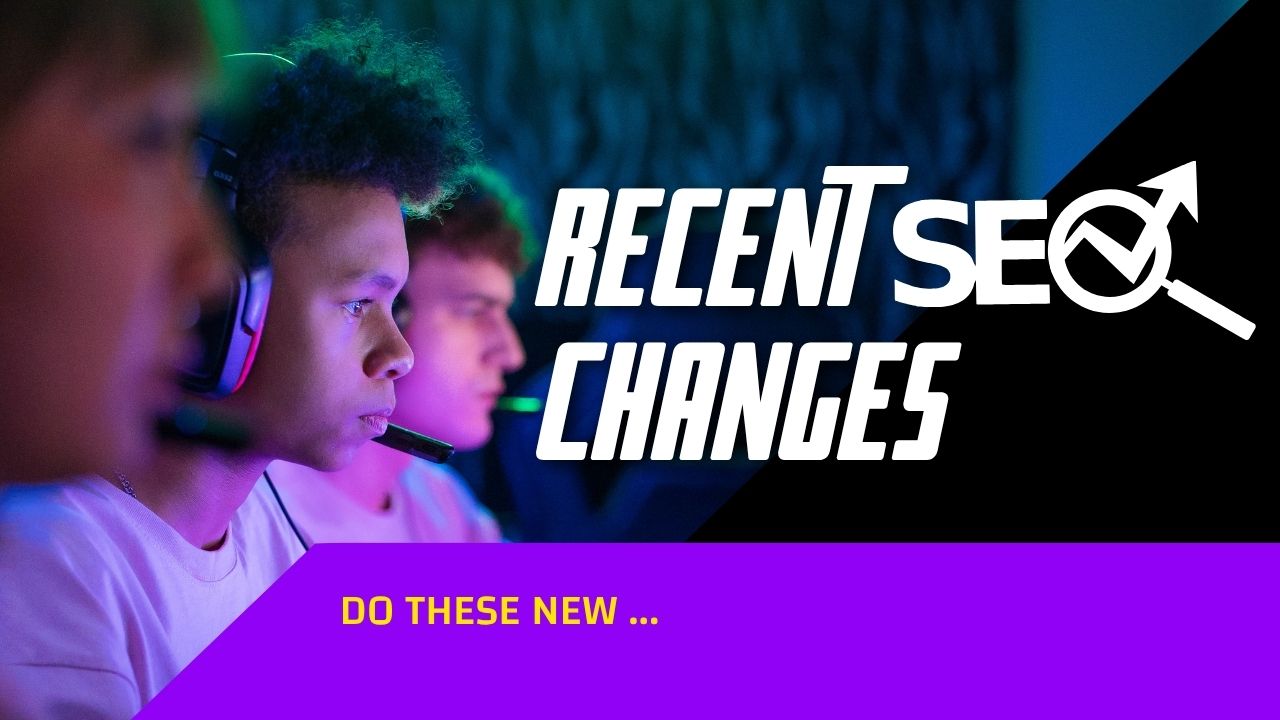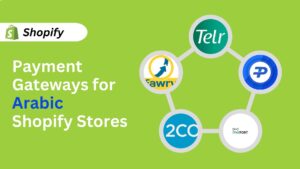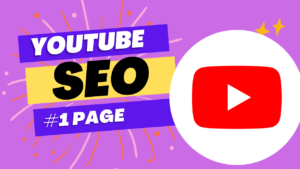
The past few years, particularly 2023 and 2024, have been transformative for Search Engine Optimization (SEO). Google, as the dominant search engine, has continued to push the boundaries of its algorithms, leaning heavily into artificial intelligence (AI) to better understand user intent and deliver increasingly personalized and helpful results. This period has seen a dramatic shift from traditional, often manipulative, SEO tactics to a more holistic, user-centric approach. For businesses and content creators, understanding and adapting to these recent changes is not just about staying competitive; it’s about survival in the evolving digital landscape.
The AI Imperative: Reshaping Search and Content
Undoubtedly, the most significant recent change in SEO has been the accelerated integration of Artificial Intelligence (AI) into Google’s core algorithms and the emergence of Generative AI in search results. While AI has been a part of Google’s ranking systems for years (think RankBrain, BERT, and MUM), its presence has become more overt and impactful.
1. AI-Powered Search Algorithms (BERT, MUM, and beyond): These sophisticated models have moved Google far beyond simple keyword matching. They now possess a remarkable ability to understand the context and nuance of search queries, even long, complex, and conversational ones. This means: * User Intent Reigns Supreme: Content must not just contain keywords; it must thoroughly address the underlying intent of the user’s query. Is the user looking for information, a product, a service, or a comparison? Understanding and catering to these different intents is paramount. * Semantic Understanding: Google understands entities and relationships between topics. SEOs are now focused on building “topical authority” – becoming a comprehensive resource on a given subject, rather than just optimizing individual pages for narrow keywords. This means creating interlinked content clusters that cover a broad range of related concepts.
2. The Rise of Generative AI in Search (AI Overviews/SGE): Google’s rollout of AI Overviews (formerly Search Generative Experience or SGE), starting in 2024, represents a seismic shift. Instead of just a list of blue links, users now frequently see an AI-generated summary at the top of the Search Engine Results Page (SERP), directly answering their query. * Zero-Click Searches Increase: A significant implication is the rise of “zero-click searches,” where users get their answer directly from the AI Overview without needing to visit a website. This poses a challenge to traditional organic traffic models. * New Optimization Frontier (Generative Engine Optimization – GEO): SEO is evolving into “Generative Engine Optimization (GEO).” This means optimizing content to be easily digestible and citeable by AI models. Key strategies include: * Concise and Direct Answers: Providing clear, authoritative answers to common questions within your content, much like optimizing for featured snippets. * Structured Data: Using Schema markup helps AI understand the context and relationships of your content, making it more likely to be pulled into AI Overviews. * E-E-A-T as a Foundation: AI models are trained on vast datasets and prioritize information from authoritative and trustworthy sources. This reinforces the criticality of E-E-A-T. * Visibility Shifts: While AI Overviews may reduce clicks for some informational queries, they offer new opportunities for brand visibility and authority. Being cited in an AI Overview positions your brand as an expert. However, it also means that for many queries, the top organic results may receive even more concentrated clicks after the AI Overview.
E-E-A-T: The Gold Standard for Credibility
The concept of E-A-T (Expertise, Authoritativeness, Trustworthiness) has long been a part of Google’s Quality Rater Guidelines, but in December 2022, Google explicitly added an “E” for Experience, transforming it into E-E-A-T. This update emphasized the importance of first-hand experience and practical knowledge, particularly for “Your Money or Your Life” (YMYL) topics that can impact a person’s health, financial stability, or safety.
What E-E-A-T means for SEOs:
- Demonstrating Experience: Content should showcase real-world experience. This could involve personal anecdotes, case studies, practical demonstrations, or insights gained from direct involvement with the subject. For example, a product review should ideally come from someone who has actually used the product.
- Highlighting Expertise: Beyond just knowing facts, content should reflect deep understanding and skill. This can be conveyed through author bios with relevant credentials, certifications, professional affiliations, and consistent high-quality output in a niche.
- Building Authoritativeness: Authority is built over time through consistent high-quality content, industry recognition, mentions, and reputable backlinks. Collaborating with recognized experts and contributing to authoritative publications can also bolster authority.
- Ensuring Trustworthiness: This is the bedrock of E-E-A-T. It involves factual accuracy, transparency (clear contact information, “About Us” pages, privacy policies), website security (HTTPS), and a strong positive online reputation (reviews, testimonials). The January 2025 update to the Quality Rater Guidelines specifically targeted “fake E-E-A-T content,” emphasizing Google’s commitment to authenticity. This means no fabricated credentials, AI-generated authors, or misleading business details.
The increased scrutiny on E-E-A-T means content creators must prioritize authenticity and genuinely demonstrate their knowledge. Sites that churn out generic, surface-level content or rely solely on AI-generated text without human oversight and unique insights are likely to struggle.
Related article : AI SEO for E-commerce: The Future of Online Retail
The Helpful Content System: A Continuous Push for Quality
Since its introduction in August 2022, Google’s Helpful Content System has been continuously refined, with significant updates rolling out through 2023 and into 2024. The core objective of this system is to identify and reward content created “for people, not for search engines.” It aims to demote content that is unoriginal, thin, or primarily designed to manipulate rankings rather than genuinely assist users.
Key aspects and impacts of the Helpful Content System updates:
- Site-Wide Impact: Unlike some previous algorithmic changes that targeted specific pages, the Helpful Content System assesses content at a site-wide level. If a significant portion of a website’s content is deemed unhelpful, it can negatively impact the rankings of even its good pages.
- Integration with Core Updates: As of the March 2024 Core Update, the Helpful Content System was fully integrated into Google’s core ranking systems. This means that instead of standalone “Helpful Content Updates,” its signals are now part of regular core updates, making it even more crucial to adhere to its principles.
- Focus on Originality and Value: The system heavily penalizes content that appears to be mass-produced, AI-generated without value-add, spun from other sources, or simply reiterates information found elsewhere without offering fresh perspectives or deeper insights.
- Prioritizing Human-First Content: Google explicitly states a preference for “original, helpful content written by people, for people.” While AI can assist, the emphasis is on content that reflects genuine human effort, experience, and problem-solving.
- Impact on Forums and UGC: Interestingly, 2024 saw a massive rise in SEO visibility for forums and user-generated content (UGC) sites like Reddit and HubPages. This is largely attributed to Google’s desire to surface “Hidden Gems” – authentic human experiences and conversations that can be more helpful than polished, corporate content for certain queries. This highlights a nuanced approach: Google wants human-generated content, but specifically content that is genuinely helpful and offers diverse perspectives.
Core Web Vitals and Page Experience: The User’s Journey Matters
While not entirely new, Core Web Vitals continue to be an important component of Google’s page experience signals, and they saw a significant update in March 2024.
- INP Replaces FID: The metric First Input Delay (FID) was replaced by Interaction to Next Paint (INP). While FID measured the delay before a browser could begin processing an input event, INP provides a more comprehensive measure of a page’s responsiveness to user interactions throughout the entire page lifecycle. This includes the time it takes for the browser to visually update the screen after any user interaction (clicks, taps, keyboard inputs).
- Continued Importance of LCP and CLS: Largest Contentful Paint (LCP), which measures loading performance (the time it takes for the largest content element on the page to become visible), and Cumulative Layout Shift (CLS), which measures visual stability (the amount of unexpected layout shift of visual page content), remain critical.
- Beyond Core Web Vitals: Google emphasizes that “great page experience involves more than Core Web Vitals.” Factors like mobile-friendliness, safe Browse, HTTPS security, and intrusive interstitial guidelines still play a role. A fast, stable, and visually appealing website that provides a smooth user journey is essential for both user satisfaction and search rankings.
Spam Updates and Policy Enforcement
Google has become increasingly aggressive in combating manipulative SEO tactics. The March 2024 Core Update was accompanied by new spam policies and aggressive algorithm updates targeting:
- Scaled Content Abuse: This targets content produced at scale with the primary goal of manipulating search rankings, rather than being genuinely helpful to users. This includes automated AI-generated content that lacks originality or value.
- Site Reputation Abuse: This policy addresses instances where legitimate, high-ranking sites host low-value, third-party content (e.g., payday loan articles on a reputable news site) solely to piggyback on the host site’s authority. This is often referred to as “parasite SEO.”
- Expired Domain Abuse: This targets the practice of acquiring expired domains with existing backlink profiles to host low-quality content and manipulate rankings.
These policies, enforced through both algorithmic means and manual actions, signal Google’s unwavering commitment to cleaning up search results and rewarding legitimate, high-quality efforts.
The New SEO Paradigm: Adapt or Fall Behind
The recent SEO changes paint a clear picture: the era of quick fixes and manipulative tactics is rapidly fading. The “new way” to do SEO is about building genuine digital assets that serve users first and foremost.
Key Takeaways for Modern SEO Success:
- Deep User Intent Understanding: Go beyond keywords. Understand the “why” behind searches and craft content that fully satisfies user needs.
- Unwavering Focus on E-E-A-T: Prove your experience, expertise, authoritativeness, and trustworthiness in every piece of content you produce. Be authentic and transparent.
- Produce Truly Helpful, Original Content: Prioritize quality over quantity. Create comprehensive, insightful, and unique content that offers real value. Avoid generating content solely for search engines.
- Optimize for Generative AI: Structure your content for clarity and conciseness, utilize structured data, and aim to be cited in AI Overviews. Think about how an AI might synthesize your information.
- Maintain Technical Excellence: Ensure your site is fast, mobile-friendly, secure, and easily crawlable. Pay close attention to Core Web Vitals, particularly INP.
- Ethical Link Earning: Focus on earning high-quality backlinks from relevant and authoritative sites through valuable content and genuine relationships, rather than manipulative link-building schemes.
- Embrace Data and Adaptability: Continuously monitor your performance using analytics tools, stay informed about Google’s updates, and be prepared to iterate and adjust your strategies.
Conclusion
The recent SEO changes are not just technical adjustments; they represent a philosophical shift towards a more intelligent, user-centric search ecosystem. For SEO professionals, this means a greater emphasis on content strategy, brand building, technical proficiency, and, above all, a commitment to creating genuinely helpful online experiences. Those who embrace these changes will be well-positioned for success in the evolving search landscape.





